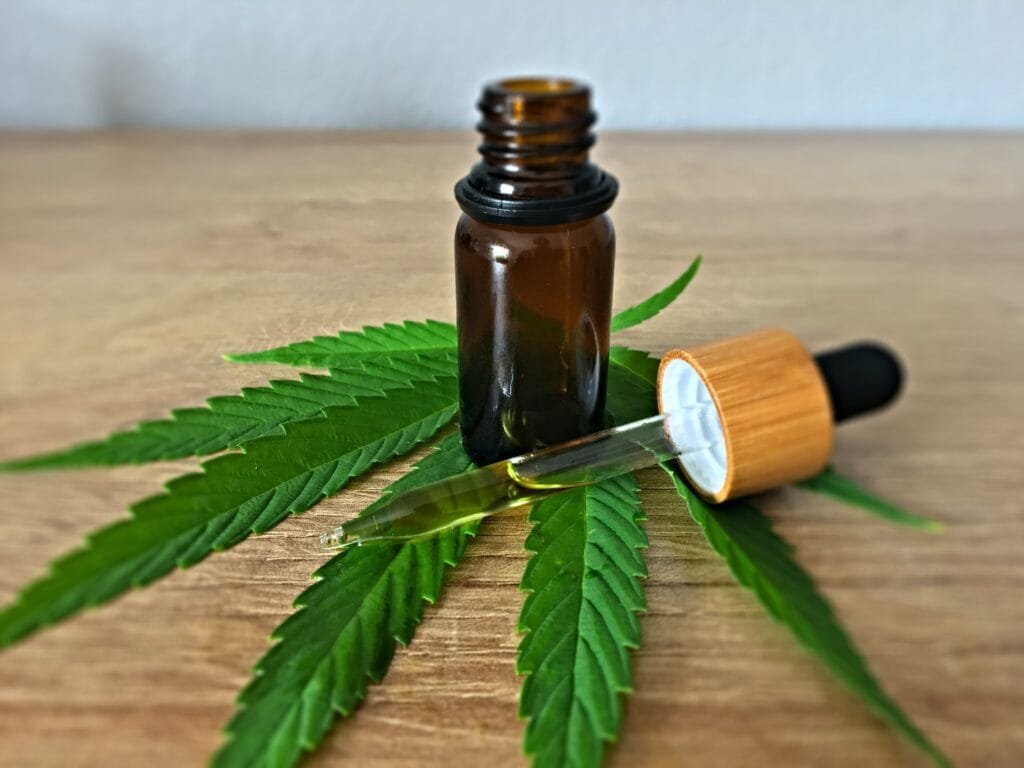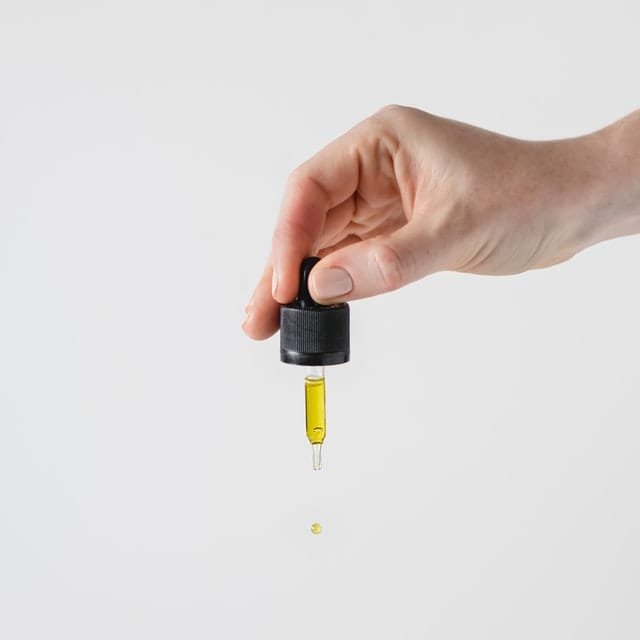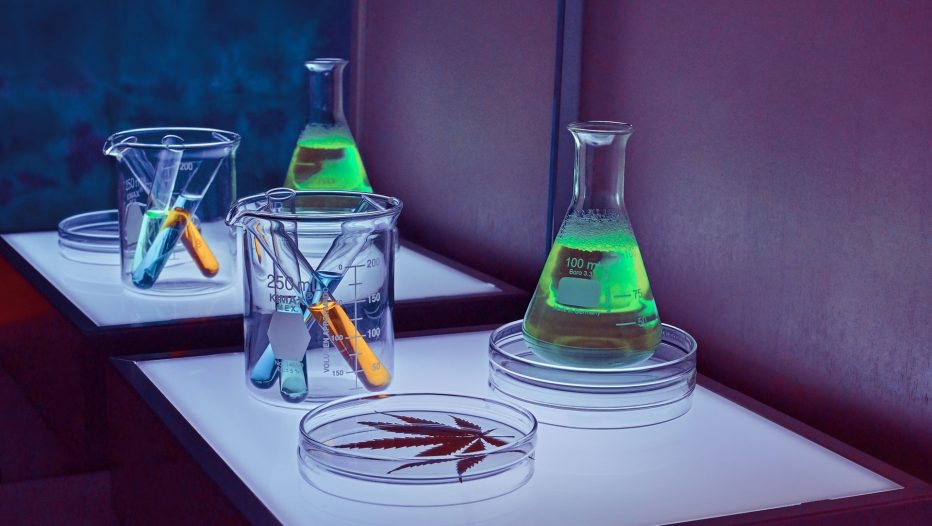How Does THC Tincture Affect You Over Time?
Cannabis is widely marketed and used for its many health benefits. This amazing herb is commonly consumed for recreational and medical conditions that present factors such as pain and inflammation as the main symptoms. It may also help with nausea, anxiety, insomnia, sexual performance issues, and a host of other common medical concerns.
Using THC oil for long term consumption and the problems or benefits that come with it, are is still not widely known.
But despite its many pharmacological applications, long-term cannabis usage comes with challenges. This post looks at how marijuana may affect you over time, focusing on THC tinctures.

What Is THC Tincture?
If you’re a regular marijuana user, you may often find yourself wondering, what are the steady effects of THC tincture? The best way to answer this question is to begin by understanding what THC tinctures are.
THC is an abbreviation for tetrahydrocannabinol. It’s one of the over 130 medically useful compounds obtained from cannabis. These substances are technically known as cannabinoids.
THC provides numerous health benefits. Like other cannabinoids, the compound has proven effective against diseases that manifest as pain, inflammation, nausea, anxiety, insomnia, etc.
Now, tetrahydrocannabinol products come in many shapes and sizes. You can find THC as smokable pre-rolls, vape oils, edibles, topicals, and tinctures. THC tinctures are products whose primary ingredients include tetrahydrocannabinol and high-proof alcohol like ethanol. To consume such substances, you drip the required amount of liquid drops sublingually (underneath your tongue).
What Are the Effects of THC Tinctures Over Time?
To understand THC’s long-term effects on the body, it’s best to begin by familiarizing yourself with how this substance impacts your system.
Like all marijuana cannabinoids, tetrahydrocannabinol enters the body via the endocannabinoid system. The endocannabinoid system is a complex cell-modulatory system that exists in the body of all animals. The system is involved in several biological processes, including pain-signaling, regulating endocrine balance, maintaining circadian rhythms, and boosting overall immunity.
The endocannabinoid system contains an extensive network of neurotransmitters known as endocannabinoids (short for endogenous cannabinoids) and receptors called endocannabinoid receptors.
All marijuana compounds impact the endocannabinoid system. The difference usually lies in the specific receptors and neurotransmitters that these cannabinoids interact with. Tetrahydrocannabinol mainly binds to receptors closer to the brain and central nervous system, known as CB1 receptors. That explains why THC causes mind-altering effects or the famous marijuana high.
Now, the short-term psychedelic effects of THC are generally pleasant and medically beneficial. For instance, the high caused by THC may encourage physical and mental stimulation. That can be instrumental in promoting daytime productivity while helping fight medical conditions like stress, anxiety, and mood swings.
In addition to its psychedelic properties, there are many other therapeutic benefits associated with short-term THC usage. However, the problem usually sets in when you become a chronic user.
For starters, long-term usage of tetrahydrocannabinol tinctures may cause addiction and dependency. Remember that THC tinctures affect endocannabinoid receptors and neurotransmitters closer to the brain. For instance, these compounds can directly influence the brain’s sensitivity to dopamine and serotonin, chemicals that regulate positive emotions. The body is generally capable of releasing dopamine and serotonin naturally. But since THC tinctures interact closely with these chemicals, the products may reduce your brain’s sensitivity to the neurotransmitters over time. That explains why the mental and emotional disposition of many cannabis users depends on their consumption of the herb.

Due to long-term interference with brain activity, THC tinctures may cause neurodegeneration. Symptoms include;
- Memory loss
- Learning difficulty
- Cognitive impairment
- Short attention span
- Chronic mood swings
- Augmented pain levels
- Full-blown neurodegenerative diseases
But THC tinctures do not only affect your brain’s performance in the long run. These compounds may also trigger many other medical conditions, including the very problems that they’re usually administered for.
Long-term exposure to THC tinctures may predispose you to chronic anxiety and drowsiness. The products could also trigger medication-resistant nausea and alter your circadian rhythms.
How to Minimize the Adverse Effects of THC Tinctures
There’s no doubt that THC tinctures can be detrimental to your health in the long run. Fortunately, you can implement the following tips to reduce the adverse effects of long-term exposure to these products;
Consume THC Tinctures Sparingly
Whether you’re using tetrahydrocannabinol tinctures for medical or recreational purposes, it’s always important to administer these compounds sparingly.
Interestingly, THC tinctures have no standard dose. Each user has their ideal dosage, also known as sweet spot.
The conventional wisdom is, to begin with, the lowest doses possible. You can then increase your serving amounts gradually.
Insist On Low-potent Tinctures
The potency (also known as strength or concentration) of tetrahydrocannabinol products is usually measured in milligrams.
Some tinctures can be as potent as a 3000 mg of THC per milliliter drop. Others may only contain 5 mg of THC per ml drop.
It’s not enough to moderate your serving amounts of tetrahydrocannabinol tinctures. You’ll also do well to consume low-potent remedies to guard against these products’ long-term adverse effects.

Summary
Tetrahydrocannabinol tinctures can offer several health and recreational benefits in the short run. However, long-term usage of THC tinctures may predispose you to numerous medical issues.
That underscores the importance of keeping your THC dosages down. It’s also prudent to insist on low-potent THC tinctures. Most importantly, talk to your doctor before administering tetrahydrocannabinol tinctures or other cannabis products

